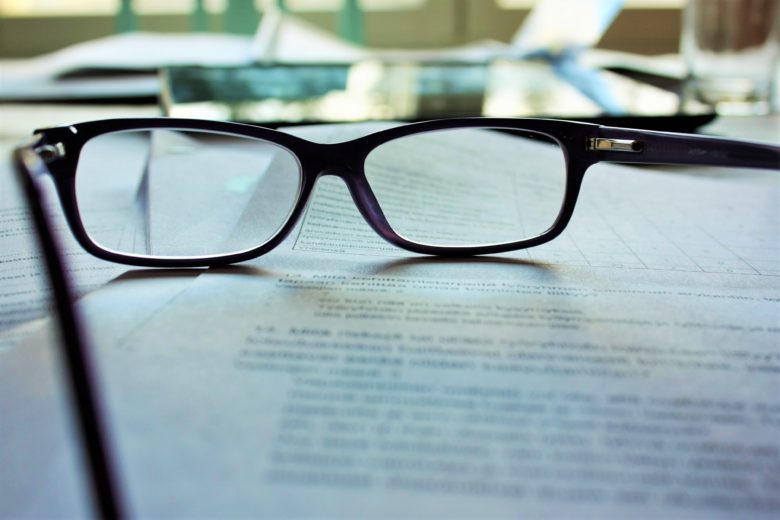What Types Of Evidence Can Be Used To Prosecute Sexual Assault? | Sexual Assault Lawyer, Toronto
When being prosecuted for sexual assault, it is important to understand what types of evidence can be used against you in court.
In Canada, the totality of all the evidence admitted at trial must be considered when determining whether or not the accused should be acquitted or found guilty. If you or a loved one is being charged with sexual assault, the best course of action is to hire an experienced sexual assault lawyer in Toronto to defend your case.
Basically, there are three types of evidence: oral testimony, physical exhibits, and video/photographic exhibits. Keep reading below to gain a better understanding of these types of evidence.
Oral Testimony
When it comes to sexual assault trials, the oral testimony of witnesses play a large part in the evidence provided to the court. Generally, the following parties are asked to provide a testimony: the alleged victim, the accused and any other potential participants or witnesses, including police officers who investigated the allegations, medical personnel and other expert who may have examined the alleged victim, friends or family who may have seen or had contact with the alleged victim and/or accused before, during or after the alleged assault, and people (including counsellors, psychiatrists, etc.) that the alleged victim may have talked to about the alleged assault.
The alleged victim and all other police, civilian and expert witnesses subpoenaed to attend court will be expected to testify at trial but the accused has the right to decide at the end of the Crown’s case whether or not take the stand and testify. This is because Canada’s Charter of Rights and Freedoms guarantees the right to silence for everyone who is charged with an offence.
Physical Evidence
DNA extracted from blood, semen or saliva is often used to prove the identity of the accused.
Social media, emails and text messages are another form of physical evidence which can be used to confirm what the alleged victim and/or accused has said about an incident or suggest what their respective states of mind were at the time of the incident. For example, if the alleged victim claims that he/she did not consent to a sexual act but his/her social media posts, email or text messages suggest otherwise, then this can become important evidence that an accused person can use to cross-examine him/her at trial.
Other forms of physical evidence that may be used include clothing, carpet fibers, fingerprints, and property belonging to the alleged victim found in the possession of the accused and vice versa.
It is important to note that the relevance of physical evidence depends on what is at issue at trial. For example, where both parties agree that a sexual act took place but disagree whether or not it was consensual, physical evidence proving that the sexual act took place is of little relevance. One the other hand, where the identity of the perpetrator is at issue, physical evidence proving that the accused was the perpetrator will be highly relevant.
Video and Photographic Evidence
Video and photographic evidence is becoming increasingly common in sexual assault cases as surveillance and cell phone cameras become more and more common. Although video and photographs are sometimes considered to be like an impartial eye-witness, it would be wrong to completely naïve about their objectivity – the camera’s perspective is always that of the person holding it. Depending on their quality, videos and photographs can help to determine the level of a person’s sobriety, their general demeanour, what they did or did not do, and the extent and severity of any injuries sustained. Video and photographic evidence is admissible in court so long as it is relevant to the case and has been authenticated or proven to be credible.
Being charged with sexual assault should not be taken lightly. Get in touch with us today if you or a loved one is in need of legal representation regarding assault charges. As an experienced sexual assault lawyer in Toronto, John Erickson will help build your defense case to ensure a fair trial and outcome.



Comments are closed.